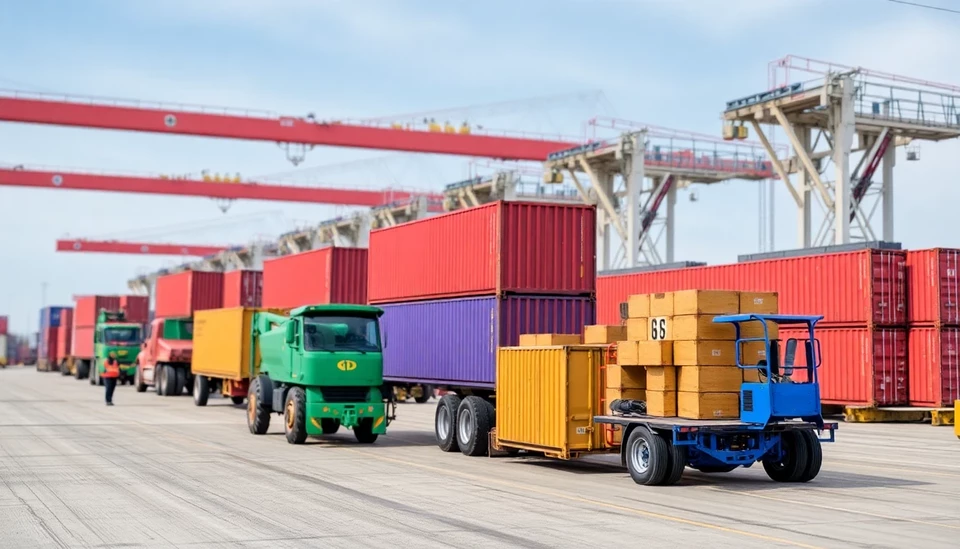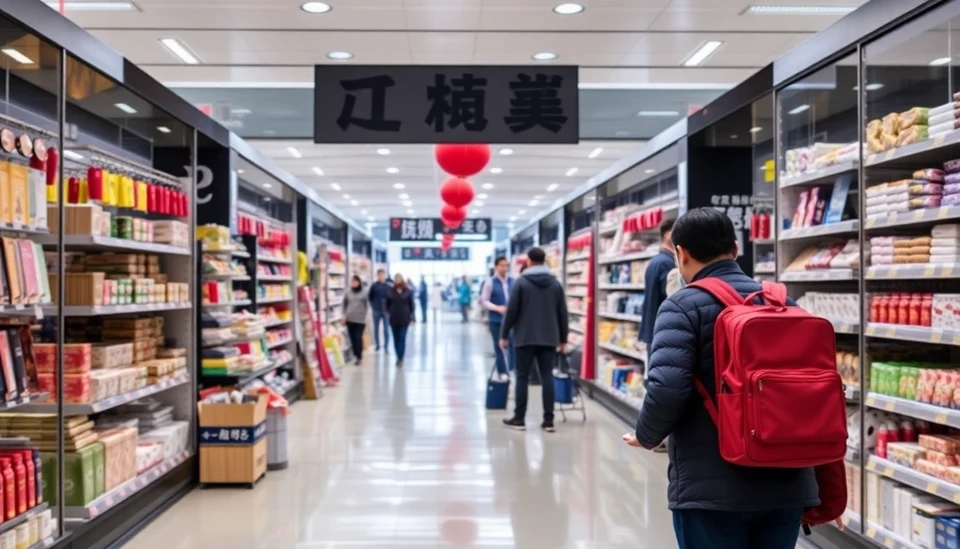
In a concerning turn of events for the Asian manufacturing sector, recent data has revealed a notable slowdown in factory activity across various countries. These findings come as tensions build ahead of an anticipated trade war, raising alarm bells among economists and industry leaders alike. Analysts report that this slowdown not only reflects immediate challenges faced by factories but also hints at potential longer-term repercussions for the economy as a whole.
According to the latest reports from purchasing managers' indexes (PMI), countries such as China, Japan, and South Korea have experienced declines in manufacturing activity. The figures show a contraction in factory output, echoing concerns regarding dwindling demand and increasing production costs. As these nations grapple with an uncertain economic landscape, the implications of a trade war exacerbate the challenges already faced by manufacturers.
In China, the world's second-largest economy, the PMI has dropped below the neutral 50-mark, indicating a contraction in the manufacturing sector. Economists are pointing to mounting supply chain disruptions, as well as a significant decline in export orders due to rising tariffs imposed by the United States and other nations. This contraction raises critical questions about the resilience of China's manufacturing industry and its ability to rebound amidst escalating trade tensions.
Japan has also reported a slowdown, as manufacturers express concerns over rising costs linked to raw materials and a steady decrease in export demand. With a reliance on international markets, Japanese factories are feeling the pinch as trade routes become strained and tariffs weigh heavily on profitability.
South Korea is following suit, with many manufacturers reporting inventory gluts owing to reduced overseas orders. This situation has resulted in a dilapidated confidence within the sector, as firms brace for a potential slowdown in business investment and profits, compounding fears surrounding domestic economic growth.
Experts emphasize that continuous downturns in factory activity across the region could have a ripple effect, influencing not only the manufacturing sector but also the broader economy. The rising specter of a trade war encourages caution among consumers and businesses alike, contributing to a climate of uncertainty that may stifle investment and hiring.
As governments prepare to navigate the choppy waters of international trade, the emphasis on supporting the manufacturing sector will be crucial. Policymakers are being urged to implement measures that safeguard local industries from the adverse impacts of potential tariff increases while fostering a conducive environment for growth and innovation.
In summary, the alarming slowdown in factory activity across Asia is a clearer signal of the brewing economic storm, as concerns about a trade war loom large. With mounting tensions and uncertainties ahead, it remains vital for leaders to proactively address these challenges to mitigate extensive damage and secure long-term growth across the region.
#Manufacturing #TradeWar #EconomicSlowdown #AsiaEconomy #FactoryActivity #China #Japan #SouthKorea
Author: Rachel Greene




